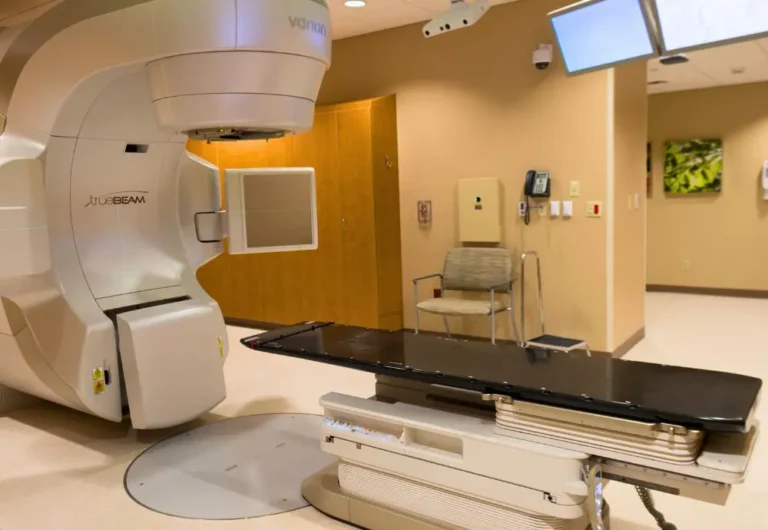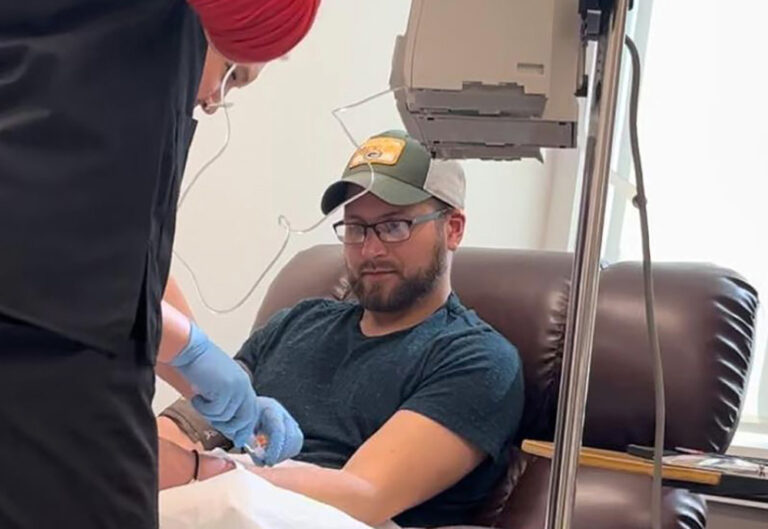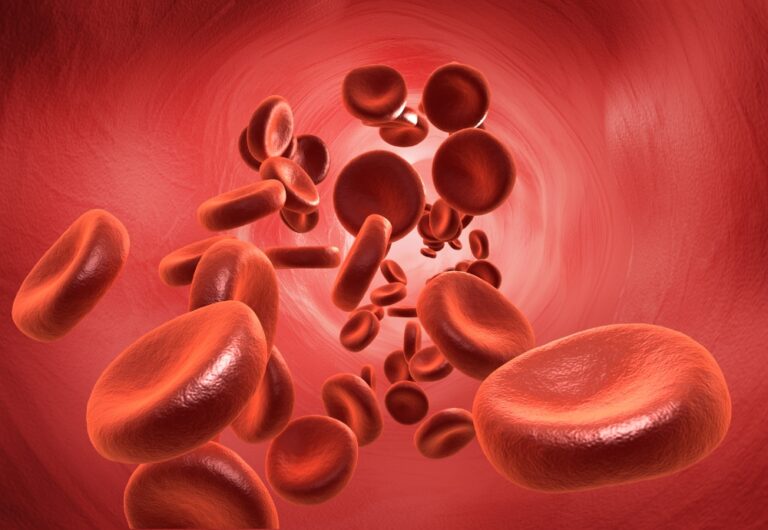Though the treatment of cancer of the urinary bladder is complex and evolving, it isn’t necessary to travel to a distant medical center for this problem.
At Ascension, we have the specialty expertise you need to treat you close to home.
What we commonly call bladder cancer can actually arise from any part of the urinary system: the bladder, the tubes that connect the bladder to the kidneys (called ureters), or even the collecting pouch within the kidney itself (called the renal pelvis). Wherever they start, these cancers of the inner lining of the urinary tract (or urothelial cancers) tend to look the same under the microscope, and share a tendency for aggressive growth and early spread.
As these cancers develop, patients may experience frequent or burning urination, a feeling of incomplete bladder emptying, and sometimes pain in the side or the back. But the most common symptom is bloody urine – and the more blood there is and the more often it occurs, the more likely it’s signaling a cancer.
Because urothelial cancer isn’t particularly common and because the symptoms closely mimic a bladder infection or kidney stone, most people don’t think to alert their doctors until the signs have been there a long time – which often delays diagnosis, and far too often gives the cancer time to spread.
Surgery remains a crucial part of treatment, and we’re fortunate to have talented urologists at Ascension with extensive bladder cancer experience. When we’re fortunate enough to find a cancer while it’s still small, it can often be removed while leaving the rest of the bladder intact. Larger, more invasive tumors often require removal of the whole bladder, with construction of an artificial urine collection pouch made from a small piece of intestine that opens from a surgically-created hole in the abdomen (called an ileostomy). In some cases, using chemotherapy and radiation before surgery can shrink a tumor enough to allow for a more limited surgery – and allow patients to avoid having their entire bladder removed.
Because urothelial cancers often “seed” the bloodstream while they’re still small – a process called micrometastasis – tumors can appear throughout the body months or years after an attempt at surgical cure. This is another reason why chemotherapy can be crucial before or after the primary tumor is removed, depending on the extent of disease and the estimated risk of recurrence. The medical oncologists of Green Bay Oncology who serve Ascension have almost a century of accumulated training and experience, and can customize the treatment approach based on individual needs and preferences.
Even with treatment, far too many patients experience recurrence and ultimately die of widespread disease. But there is some good news: new classes of molecular inhibitors and immune checkpoint inhibitors are highly effective for patients whose tumors harbor specific gene expression profiles, and are helping improve and prolong the lives of patients with incurable bladder cancer – but without the typical side effects of chemotherapy.
Urothelial cancers pose significant challenges to afflicted patients and can significantly impair their quality and length of life. At Ascension, we take this challenge seriously and are dedicated to protecting and improving the lives of our patients, right here at home.









